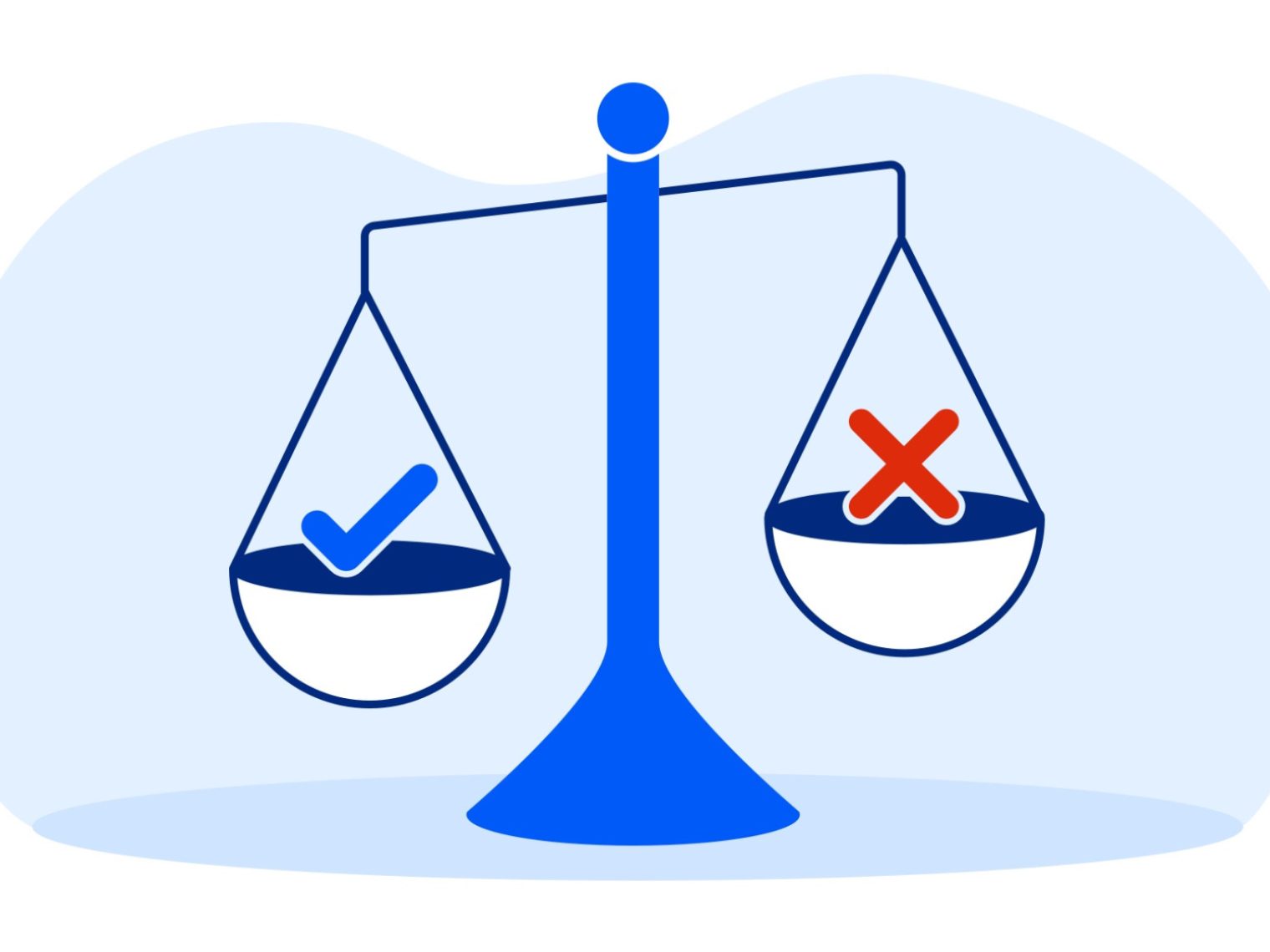- Children of Veterans do not directly qualify for a VA loan unless they meet eligibility requirements.
- VA loans can be transferred to children through VA loan assumptions, but it does come with some hurdles.
- A Veteran’s child may be a co-borrower on a joint VA loan, but it uses the Veteran’s VA entitlement.
The VA loan program was created to ensure the security of service members and their families. VA loan benefits, including competitive rates and no down payment, reward service members for the sacrifices they made for our country.
With these amazing benefits and more, many wonder if the children of Veterans can get a VA loan or if VA loans can be transferred to a child. Let’s explore the relationship between VA loans and military children.
If My Father Was a Veteran, Can I Get a VA Loan?
Generally, VA loans are not directly available to the children of Veterans unless they themselves meet the VA loan criteria.
To meet VA loan eligibility requirements, you need to meet one of the following:
- You are a Veteran who has served on active duty and received an honorable discharge
- You are currently an active-duty service member
- You are a member of the National Guard or Reserves and have completed at least six years of service, or you have been called to active duty at some point and meet additional requirements
- You are the surviving spouse of a service member who died in the line of duty or as a result of a service-related disability
Can a VA Loan Be Transferred to a Child?
VA loans can be transferred to children in the form of VA loan assumptions. However, this process is somewhat uncommon and does come with its own challenges.
VA loan assumptions between a Veteran parent and child are most common when the Veteran dies and their child wishes to keep their home with the same loan terms. The child can assume the VA loan to maintain the same interest rate, monthly payment amounts and no private mortgage insurance requirement. Otherwise, the child would have to pursue non-VA financing, pay the remaining mortgage balance in cash or sell the home.
It’s possible for a child to assume a living Veteran’s VA loan, but there are financial implications to be aware of. Loan assumers should pay the original borrower for the equity they’ve already built on the loan. Otherwise, the original borrower stands to lose thousands of dollars they’ve already invested in the home.
If the loan assumer is not a Veteran with their own VA loan entitlement, the original borrower’s entitlement will remain tied up in the home until the loan is entirely repaid. This can limit the original borrower’s ability to reuse their VA loan benefits, which can be lost entirely if the home undergoes foreclosure.
Children and Joint VA Loans
Eligible Veterans can help their children achieve homeownership through a joint VA loan, although it does have some caveats.
In a joint VA loan, the Veteran and their child would apply together, with the child as a non VA-eligible co-borrower. Since the Veteran meets eligibility requirements, the child would only be required to meet the lender’s financial requirements.
However, the Veteran's VA loan guaranty only applies to their portion of the loan, so the co-borrowing child would likely have to make a down payment. Additionally, the Veteran must use the home as their primary residence, as required by VA loan occupancy requirements. This means the Veteran must live with their child if they take the joint VA loan route.
Joint VA loans can be a risky venture for the Veteran if their child has a damaged financial profile or struggles to make payments.
Surviving Spouses, Children and VA Loans
Surviving spouses eligible for a VA loan may be able to help their children buy a home utilizing a joint VA loan like the situation described above. The surviving spouse would need to co-borrow with their child, meet the lender's credit and income requirements, and occupy the home as their primary residence.
VA lenders can help verify a surviving spouse's eligibility for the home loan benefit since not all may qualify.
What Benefits Are Available to Children of Veterans?
Dependents of Veterans may qualify for certain benefits, like healthcare, life insurance and financial aid for education. There are a variety of survivor and dependent benefits available through the VA.
The Bottom Line
Children cannot use their Veteran parent’s VA loan benefits, but it’s not impossible for a Veteran or their surviving spouse to assist their child through a joint VA loan. Doing so can be challenging, so it’s best to speak with a Veterans United VA loan expert at 573-876-2600 to discuss your options or get started online today.
How We Maintain Content Accuracy
Our mortgage experts continuously track industry trends, regulatory changes, and market conditions to keep our information accurate and relevant. We update our articles whenever new insights or updates become available to help you make informed homebuying and selling decisions.
Current Version
Feb 19, 2025
Written ByChris Birk
Reviewed ByDon Wilson
Minor content updates to improve readability and fact checked by underwriter Don Wilson.
Related Posts
-
 VA Renovation Loans for Home ImprovementVA rehab and renovation loans are the VA's answer to an aging housing market in the United States. Here we dive into this unique loan type and the potential downsides accompanying them.
VA Renovation Loans for Home ImprovementVA rehab and renovation loans are the VA's answer to an aging housing market in the United States. Here we dive into this unique loan type and the potential downsides accompanying them. -
 Pros and Cons of VA LoansAs with any mortgage option, VA loans have pros and cons that you should be aware of before making a final decision. So let's take a closer look.
Pros and Cons of VA LoansAs with any mortgage option, VA loans have pros and cons that you should be aware of before making a final decision. So let's take a closer look.


